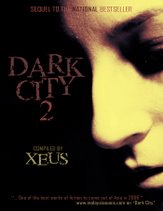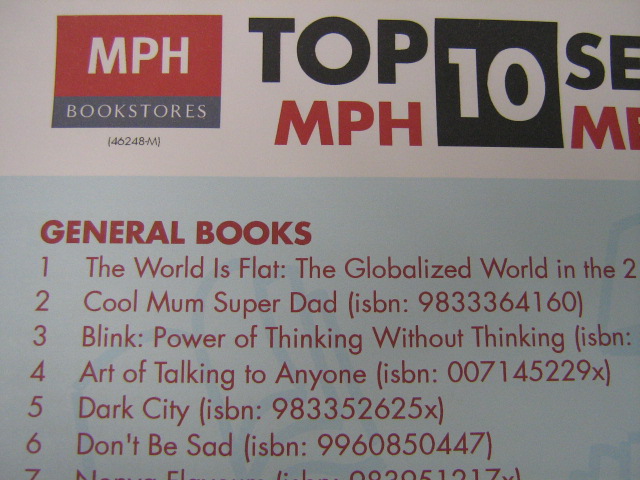Interview with John Ling!
Here's a short interview with John Ling. I must say I loved 'Zero Sum', and I know Argus certainly did too.
1. Without giving anything away, how did you come up with (your story) for DC2?
I have always been eager to tackle a story in the first-person perspective. But for a long time, I just couldn't find a good enough reason to do it. Since the first-person narrator is unreliable and egocentric, it presents all kinds of difficulties.
DC2, however, gave me the opportunity to get past my reservations.
Instead of telling a tale that is realistic and objective, I decided to approach it from a different angle.
ZERO SUM is about a man so consumed by hate that he devotes himself to vengeance. His state of mind is in question. He is egocentric to the extreme. He is not a born killer, but he morphs into one. And the fact that the narrative is unreliable only adds to the flavour of the story; a mix of surreality and madness.
2. How long did it take you to write it?
It took me around two weeks of initial writing, followed by another week of rewriting under your guidance. I must admit, I'm pretty slow!
3. What made you want to become a writer? What have you written so far?
I have always been a reader from a young age. I was one of those youngsters who would rather hibernate indoors with a book than go outside to play football. So the desire to write came naturally. I dabbled with fairy tales in the Enid Blyton style.
Though, it wasn't until I was 18 or 19 that I began writing seriously.
I decided to try my hand at thrillers in the Robert Ludlum/Tom Clancy style, and had stories published in several American and British publications. In 2005, I gathered all my previously published material in one volume called FOURTEEN BULLETS, which was published by a small American press in Pennsylvania.
At the moment, I am currently working on my first novel.
4. Who are your favourite authors? What have you learnt from them?
My all-time favourite is Charles Dickens. His storytelling is so rich, so textured, you find yourself believing that his characters actually do have a life and a purpose outside of the story. Each character is, in fact, a universe in and onto himself.
Reading Dickens has encouraged me not to neglect supporting characters.
They can make or break a story.
5. What are your writing habits? Why do you write?
I tend to write in terms of 'scenes', not necessarily 'chapters'. Once a 'scene' is completed, I'm done for the day, and I will spend the remainder of my time polishing up what I have written. I don't usually find it productive to simply bang out thousands of words at one go, because two-thirds are likely to be eliminated anyway. Admittedly, I am fussy. I tend to under-write, rather than over-write. My reasoning is: it's better to leave readers wanting more, instead of wanting less.
Writing for me has always been less of a choice, and more of an compulsion.
Think of it this way. You are stuck at your writing corner for hours, days, weeks, trying to articulate your thoughts, while life passes you by. It's anti-social. It's unhealthy. Why on earth would you do such a thing?
Unless, of course, something compels you to do it.
Like a ferret darting and gnawing inside you, desperate to be let out.
Ultimately, I write because I am still struggling to make sense of certain traumas. Like Dickens, or Hemingway, or Tolkien, I find it easier to address them through fiction.
6. Do you have any advice to give to budding authors?
Here's a statistic: the average writer has to write half-a-million words before he gets his first novel published.
In other words, lots of trial and error.
So don't be disheartened if you don't feel like you are making any headway just yet. Writing, like most things in life, is less about talent, and more about craft. The more you write, the more you improve.
Keep pushing on, keep persevering, don't give up.







